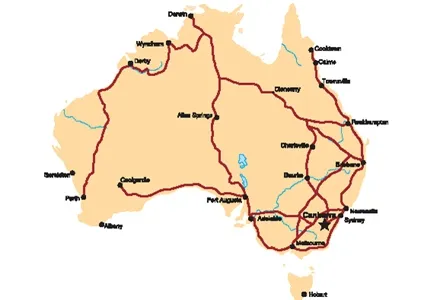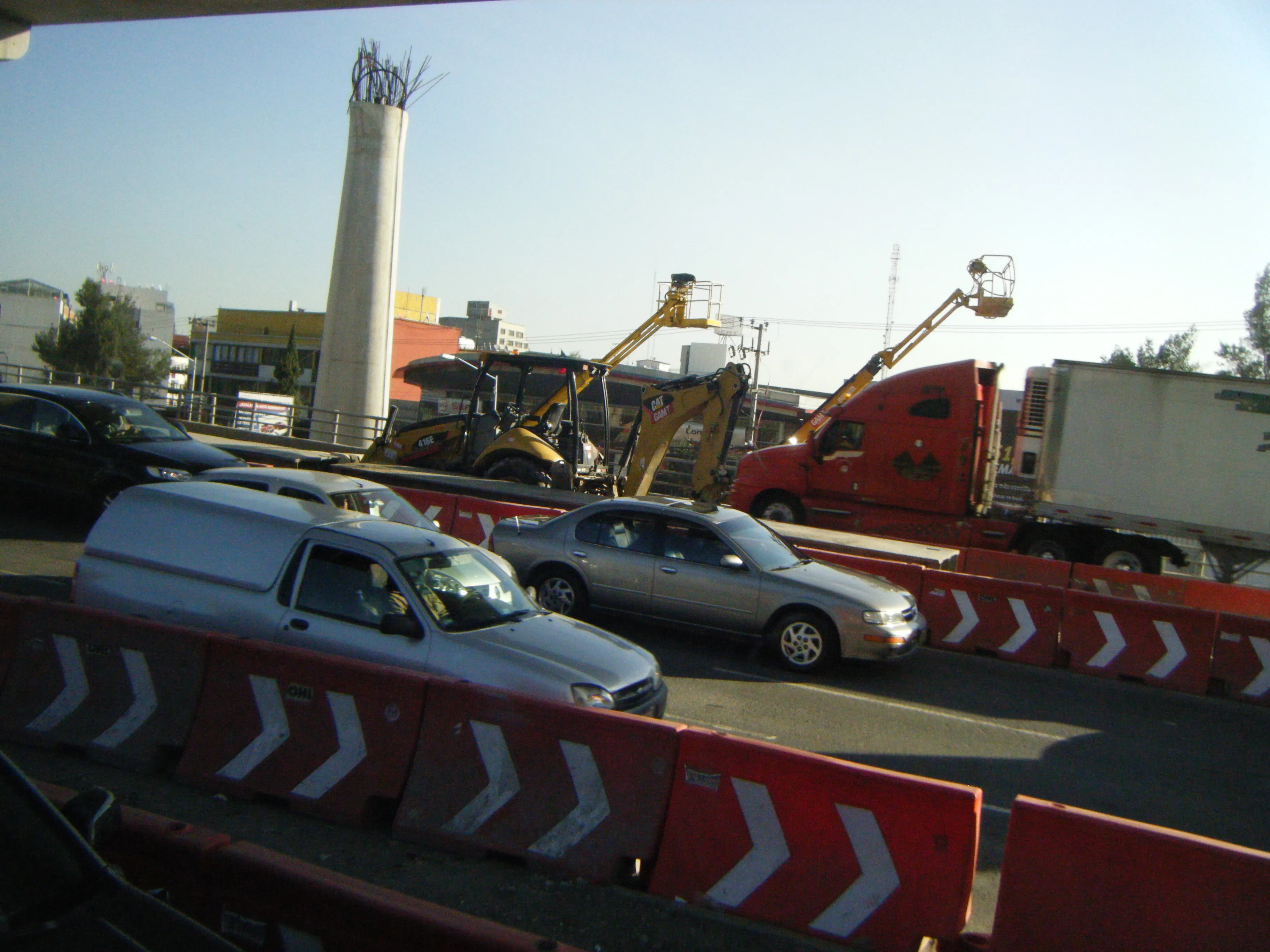A new transport plan is being drawn up in the Philippines in a bid to deal with the country’s frequent traffic delays. The National Economic and Development Authority (NEDA) has commissioned the World Bank to set out a country-wide infrastructure roadmap. This plan is called the 'Philippine Transport Infrastructure Development' by the World Bank is in broadly in line with the Japan International Cooperation Agency (JICA)'s 'Dream Plan' for the country. Both outline sustainable development for Manila by 2030
October 10, 2014
Read time: 2 mins
A new transport plan is being drawn up in the Philippines in a bid to deal with the country’s frequent traffic delays. The 6316 National Economic and Development Authority (NEDA) has commissioned the 2332 World Bank to set out a country-wide infrastructure roadmap. This plan is called the 'Philippine Transport Infrastructure Development' by the World Bank is in broadly in line with the 2416 Japan International Cooperation Agency (JICA)'s 'Dream Plan' for the country. Both outline sustainable development for Manila by 2030, the Cavite-Laguna-Batangas-Rizal-Quezon (Region IV-A) and the Central Luzon (Region III). However this require a US$106.15 billion budget from 2014 to 2030 and some $58.25 billion in investment. The infrastructure road map plan should be delivered in the next two months. JICA's 'Dream Plan' calls for the construction of 318km of railways, 137km of roads and 504km of urban and intercity expressways, in a bid to combat the country’s chronic congestion. Once the plan is implemented in 2030, it is expected to generate yearly economic savings worth $26.78 billion by beating delays.








